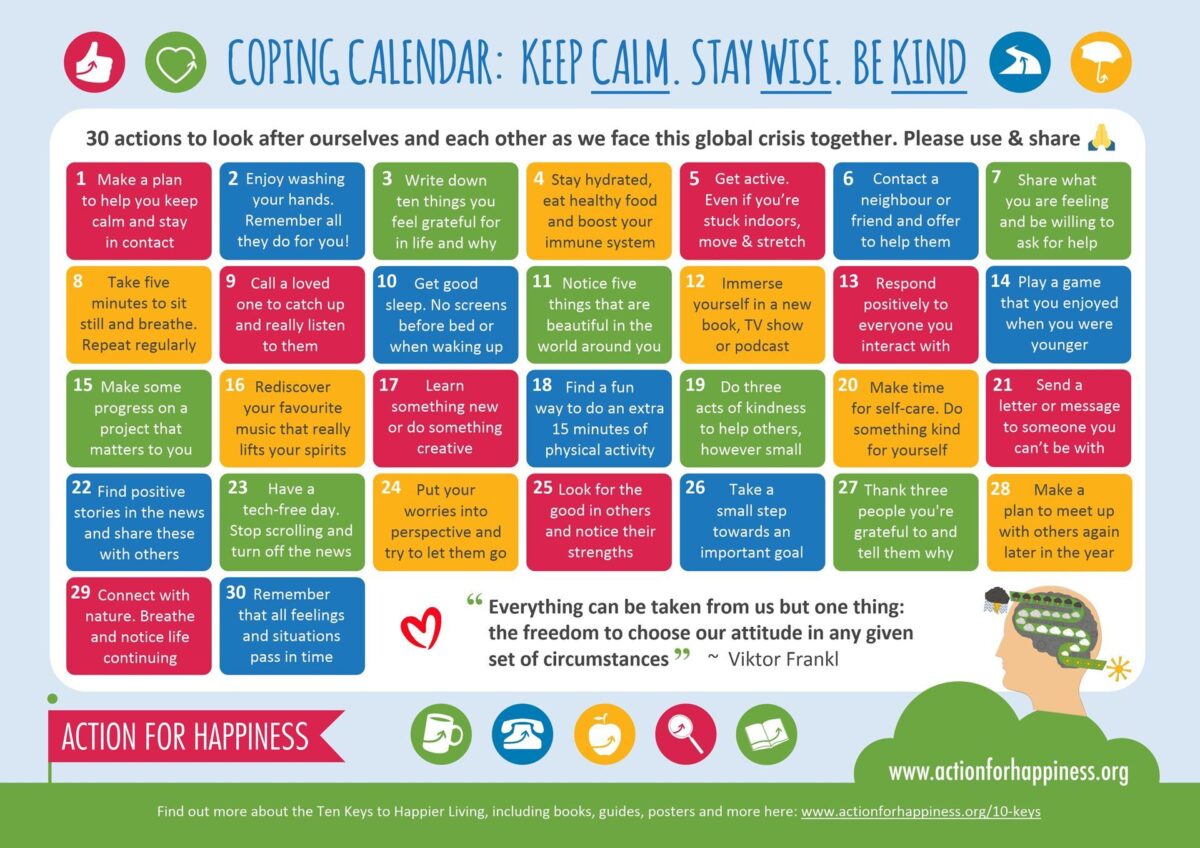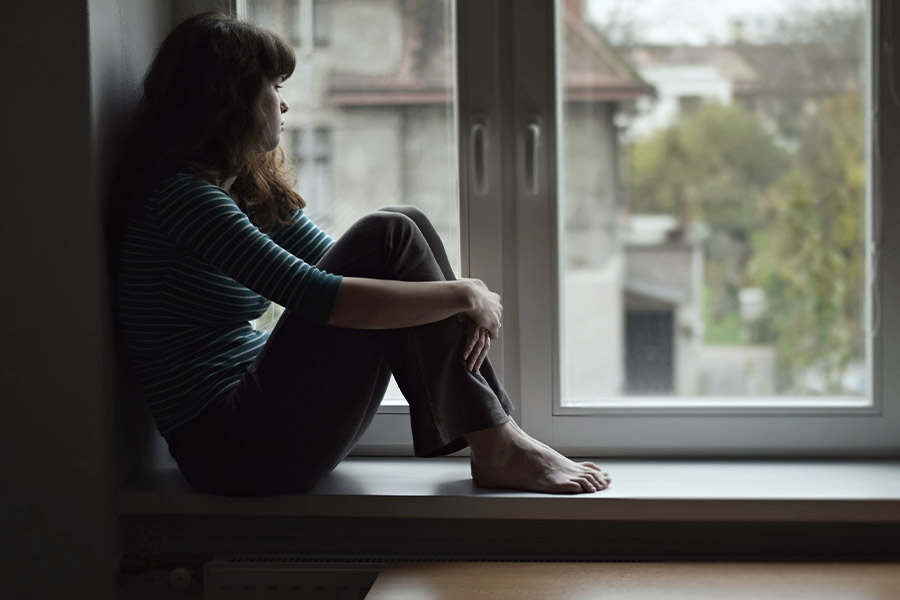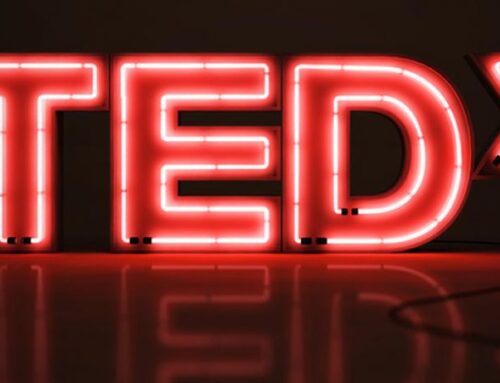With the impact of COVID-19 on our families, communities, and world, we can draw on the insights of those with areas of insight and expertise. TEDx Can Help During the Pandemic.
Right now there are daily reports all over the news of increasing coronavirus cases in the United States, we can all learn from scholars and problem-solvers who have already been trying to discover how to best deal with the situation at hand. The virus has affected all of us and our family and friends. Taking some time with your family to learn about COVID-19 might also help you understand the seriousness behind it all.
TEDx Can Help During the Pandemic
Here are some of the best TED, TED-Ed, and TEDx talks for learning about pandemics, in general, and COVID-19. While a single talk cannot offer a comprehensive solution, each of these talks offers fresh insights to help us understand how we are thinking, feeling, and reacting to the challenges of today.
In a recent TED talk about the coronavirus pandemic, disease expert Adam Kucharski helps to briefly answer a few questions everyone has had on their mind from the start. He reminds listeners:
“It’s not just whose hand you shake, it’s whose hand that person goes on to shake. I think we need to think about these second-degree steps that you might think you have low risk and you’re in a younger group, but you’re often going to be a very short step away from someone who’s going to get hit very hard by this. I think we really need to be socially minded.”
Kucharski’s insight rings particularly true for many high school and college students, suddenly liberated from campuses, who continue to circulate and socialize in public. The lesson for Today: We must be socially minded, thinking beyond our own risks, to the risk we present to others.
Human Nature Resists Isolation
Global health expert Alanna Shaikh talks about the status of the coronavirus outbreak from 2019 and what this virus can possibly teach us about the future epidemics yet to come. In Shaikh’s TED talk about the potential future in a world with COVID-19, global health expert Alana Shaikh reminds us of what we had learned during the global Ebola outbreak. Specifically, she reminds us that, because we are by nature social creatures, we resist isolation.
“We saw in the Ebola outbreak,” Shaikh explains, “that as soon as you put a quarantine in place, people start trying to evade it.” She adds, “Individual patients if they know there’s a strict quarantine protocol, may not go for healthcare.” Lesson for Today: Although we must discover workable containment measures, the strictest forms of quarantine may backfire.
Home Is Where the Heart Is
Everyone belongs to a community, but not everyone belongs to a community they love. Justin Waddell’s message of allowing expectations to guide rather than define, putting relationships first, and cherishing differences directs us to find the community we desire. The COVID-19 pandemic erased most of his second-semester senior year. Waddell believes his message has only grown more valid during this unprecedented time.
Justin Waddell is a senior at Saint Francis. He enjoys cultivating relationships through his many passions of spike ball, working out, listening to music, and pick-up basketball. One may spot Justin leading the crowd at various Saint Francis sporting events as the school’s 6th/12th man leader. He is also a member of the Saint Francis Family Club as well as a freshman and senior retreat leader. In his talk, Justin hopes to share insight on how prioritizing passions allows one to find their community.
Funerals During Lockdown: The Effects of the COVID-19 Pandemic
Professor Conway speaks on the effect of lockdown restrictions on funerals; the need to protect public health; and the emotional impact on those who have lost loved ones during the pandemic. Professor Heather Conway is a professor of Property Law and Death Studies in the School of Law at Queen’s. She is the author of The Law and the Dead, published in 2016, and writes extensively on the legal frameworks around funerals and dealing with the dead. Professor Conway is also a Council Member and trustee of the Cremation Society. She sits on the editorial board of Mortality- an interdisciplinary journal dedicated to death, dying, bereavement and memorialization.
The Help Of TED-ED
The COVID-19 pandemic had an unprecedented impact on education systems worldwide. In response, TED’s award-winning youth and education initiative TED-Ed can offer assistance. TED-Ed provides free, high-quality educational resources to millions of families around the globe. TED-Ed has an existing library of free video-based lessons. It is a network of 500,000 educators. It spans all ages and subjects and features interactive lesson plans. There are thousands of TED-Ed Animations, TED Talks, and educational videos.
By providing a variety of educational resources and engaging learning experiences, our hope is to help students, teachers, and families replace feelings of anxiety, isolation, chaos, and exhaustion with healthier and more sustainable feelings like curiosity, connectivity, predictability, and rejuvenation.
TED-Ed@Home launched last week. It is a daily newsletter that delivers lessons to your inbox. TED speakers, TED-Ed educators, and animators, and TED Translators to provide high-quality, online learning experiences for students, teachers, and families everywhere — for free.
Get free daily lesson plans delivered to your inbox. Sign up for the TED-Ed@Home newsletter. Lessons span all subjects and are organized by age groups. The newsletter features interactive, curiosity-invoking, video-based lessons around subjects commonly taught in school.
These subjects cover the arts, literature, language, math, science, technology, and more. Most featured videos will offer translated subtitles in dozens of languages, and each lesson will include interactive questions, discussion prompts and materials to dig deeper. Teachers and parents can use the lessons as-is or easily customize them to meet their learners’ needs.
… and the TED-Ed Daily Challenge!
School closings do not just keep students away from the classroom; they also keep students away from each other. While it is critical that young people stay at home right now, it’s equally vital for students to see and hear from other young people — and for them to experience play in safe and meaningful ways.
On Instagram, we are creating a fun way for students and their families to use their brains and common household items to creatively respond to educational challenges issued by TED speakers throughout the world. Each weekday at 2 pm, head over to @tededucation for a brief educational talk and challenge from a new TED speaker.
We will be handing over our account to TED speakers of all ages, who will use Instagram Stories and Instagram Live to deliver brief educational talks and issue creative, interactive, family-oriented challenges to Instagram users around the world. Viewers can respond using their own Instagram accounts, and TED-Ed will feature the most creative responses on our channel.
Include Fun Themes To Elevate Your Digital Get-Togethers
Parker suggests centering your gatherings around themes or activities to encourage more meaningful and purposeful conversations. Incorporate elements of the physical world to create a shared experience, like asking everyone to wear a funny costume or making the same recipe together. Though screens do not quite replace the energy of in-person gatherings, we can still strengthen community bonds by reminding ourselves that there are real people on the other end of our devices.
Set Healthy Boundaries To Maintain Wellbeing
As we are figuring out the best way to exist in the digital world, it’s also crucial we put in the effort to meaningfully connect with those we’re quarantining with. The distinctions between time to work, socialize and rest can grow blurrier by the day. So, be sure to set boundaries and ground rules with those you live with. In having this conversation with your roommates, family, or partner, reflect on these prompts:
- How do you want to distinguish the time spent together versus apart?
- How do you want to share time together?
Since we look at screens most of the day, could it be helpful to set no-screen times or brainstorm new, non-digital ways to hang out?

Allow Yourself To Reflect On The Unknown
It is important to acknowledge that this is not a normal time, Parker says. The coronavirus pandemic has transformed the world. Also, as a global society, we will experience the reverberations of this period as they ripple across every sector of human life. Make sure to create space for those conversations, too.
Take time to wander through the unknown, to talk about how we are being changed — individually and collectively — by this shared experience. It is also perfectly normal to feel worried, vulnerable, even “existential”. Additionally, this may be a great time to lean into those feelings and think about what really matters to you. Recognize the power and feeling community brings — no matter the size
The coronavirus pandemic has physically isolated almost all of us from each other. However, our ingenuity and resilience can help ensure that we can still create, build, and forge our community together. All over the world, people are coming together in new and amazing ways. We are setting up “care-mongering” support groups, sing with their neighbors, take ceramics classes, knit together, and break bread.
Now is the time to discover the value and power we have together as a community. We are all members of many different communities: our neighborhoods, families, countries, faith circles, and so on. But even though we are living in hard and difficult times of social isolation, we can still forge stronger bonds. We can come together in ways that show our best values and principles.
In the UK, a recent campaign asked people across the country to go outside at a synchronized time. They also applaud all health workers on the frontlines of the Coronavirus crisis. Also, across India, they made similar efforts. In India, they ring bells in honor of the ill and those caring for them. During this crisis and beyond, we can use thoughtful ritual-making to transform our unease and isolation into community bonding.
The Power of TED
TED is a global community, welcoming people from every discipline and culture who seek a deeper understanding of the world. Additionally, we believe passionately in the power of ideas to change attitudes, lives, and, ultimately, the world. On TED.com, we are building a clearinghouse of free knowledge from the world’s most inspired thinkers. It is a community of curious souls to engage with ideas and each other. We engage both online and at TED and TEDx events around the world, all year long. Don’t forget to subscribe to TEDxWinterPark to keep up with news, events and more. If you have any questions or comments about TEDxWinterPark send us a message.



